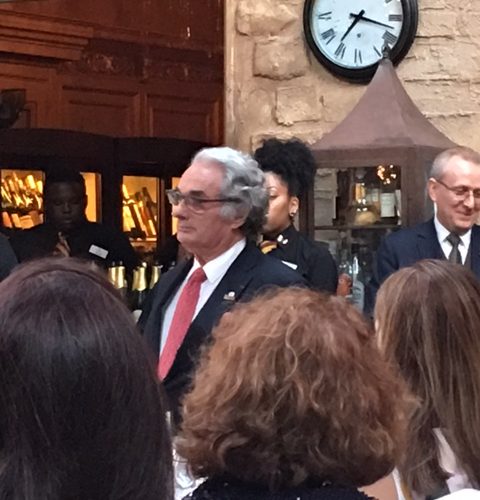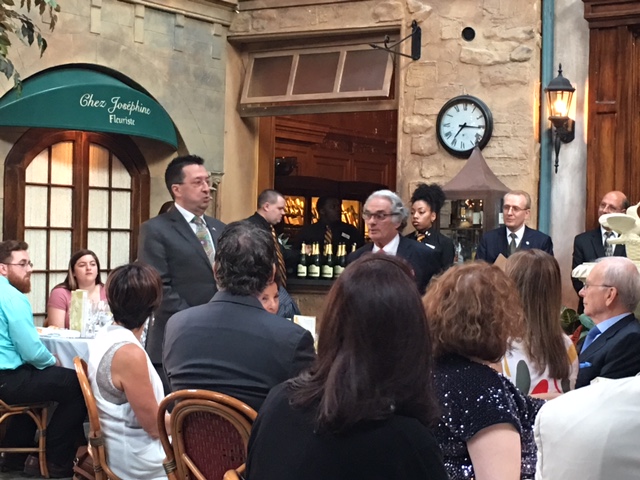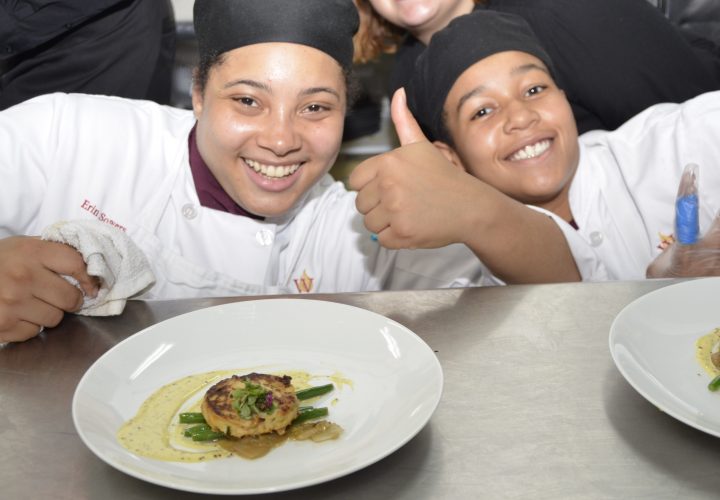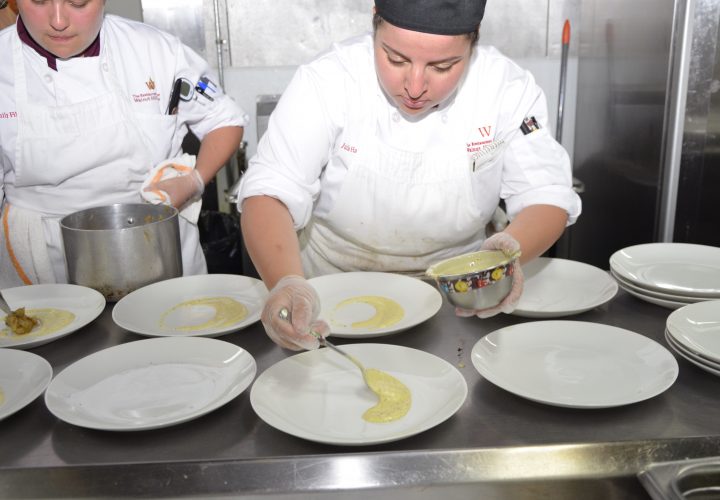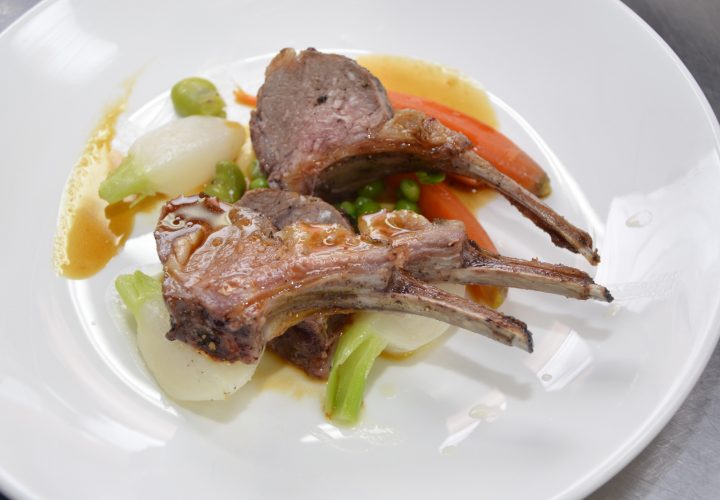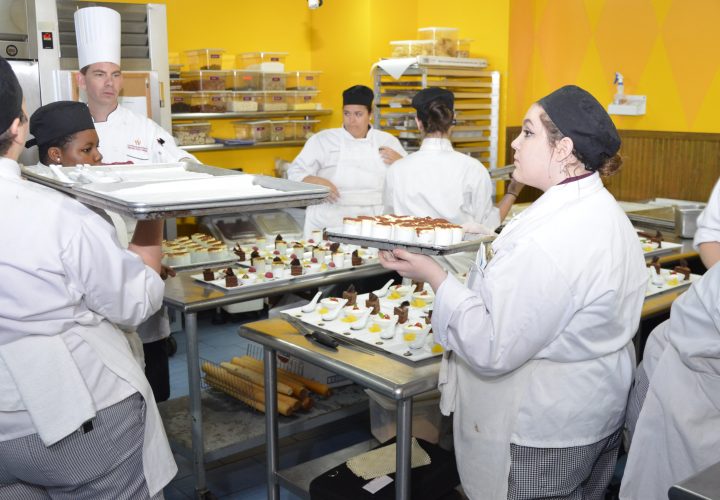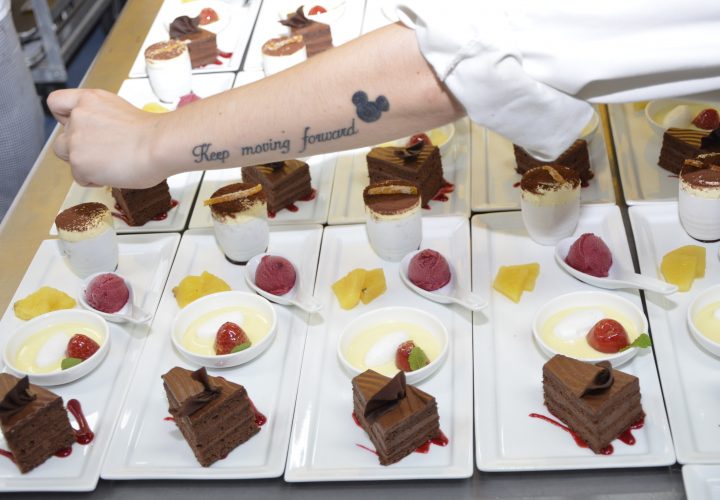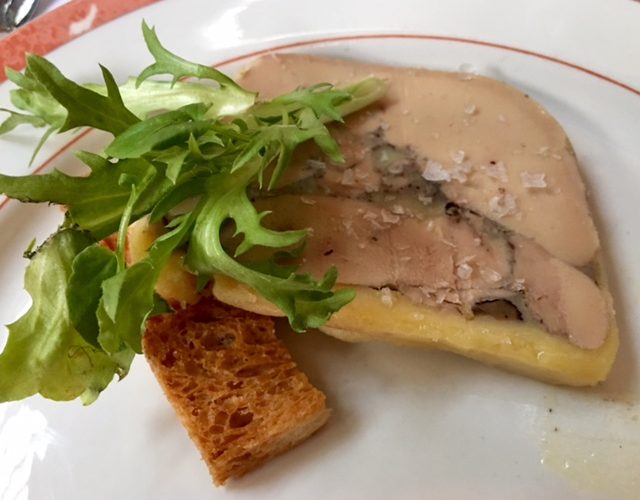Finding a mentor
By Jasmine Harmon
This school year is quickly coming to an end, with students from all over going back home to family and to work at their new or annual summer jobs. Walnut Hill College is closing for the summer as of July 1, 2017, and many of the students will be working to save up money to pay bills, to have casual spending money for summer trips, and for upcoming school trips to the Bahamas and France. But, should working be just clocking in and out of work daily to earn money? No! Working should also be about improving yourself, learning more about your job, and learning more about the career field you are interested in. One good way to do that would be by finding yourself a professional mentor.
Mentoring is a term generally used to describe a relationship between a less experienced individual, called a mentee or protégé, and a more experienced individual known as a mentor. The length of the relationship between a mentor and mentee can vary based on the circumstances, but, no matter the length, the mentee is always trying to learn as much as they can from their mentor. One of the hardest things about the mentor-mentee relationship is actually finding a mentor. Kerry Hannon, an article contributor for the Forbes business magazine, wrote an article on 12 different ways that you can find a mentor, and three of the most helpful tips, I would say, are 1) ask yourself what you want in a mentor, 2) steer clear of the formal request, and 3) listen.
Before you say “I want a mentor” and go out looking for the first person who says they will be your mentor, you should first stop and analyze what kind of professional mentor you want and need. You can start by looking at yourself and figuring out what you need to work on and want to learn. Perhaps you need to pick up your speed in the kitchen. To learn a skill like that, you may ask the fastest or most seasoned chef in the kitchen to teach you their organizational habits for the kitchen and have them train you so that those same organizational habits become your own. Figuring out the kind of mentor you need will save you so much more time when it comes to selecting a mentor because of how detailed your needs are.
When you figure out who you want your mentor to be, sometimes it is better just to let the mentor-mentee relationship happen on its own instead of plainly asking someone “Hey, will you be my mentor?” The forceful action of asking someone if they would be your mentor can sometimes throw people off and may deter them from getting involved. In many cases a mentor can be found in your everyday life. For example, many teachers may start to teach interested students about topics that aren’t thoroughly covered in class. As the student shows constant interest in the topic, the teacher will continue to go out of their way to teach the student, creating a strong mentor-mentee relationship. Other ways that an unofficial mentor relationship may happen is in sports and/or group activities when someone very trained in a specific sport trains a younger, inexperienced member how to perfect the game or activity. Every opportunity to find a mentor is unique and may call for a more direct or indirect method, but it is up to you to choose which one works best.
Listening is a very important skill that everyone should have. It benefits us every day, even if we don’t believe so. Great learning opportunities happen when you observe and listen to others. For example, if you have a mentor who is willing to teach you everything they know, but you constantly interrupt their teaching sessions with useless information and don’t pay attention to the lessons they give, you may have just missed an important lesson and are wasting your mentor’s time. Paying good attention so that you know when to listen and when to get off topic benefits you and helps out your mentor at the same time.
So, if you are going to be working this summer, why not change up your routine and find a mentor near you to guide you on a topic that you are really interested in? Not only will you learn from the experience, but it is a good way to make friends and build lasting work relationships.
-Jasmine Harmon, Student Leader
Restaurant Management, Class of July 2018

